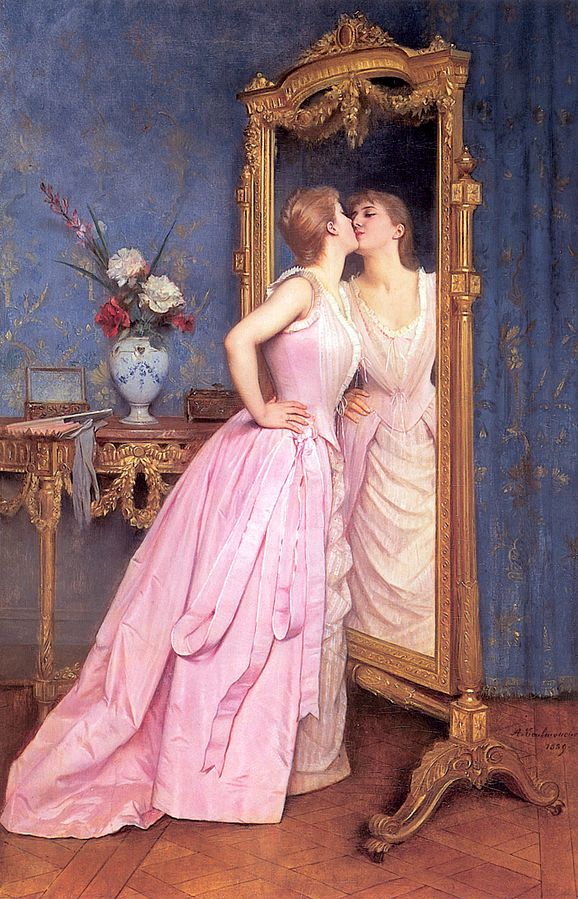“This illimitable et cetera, however, offers itself as a new departure for feminist political theorizing” (Butler 333).
The Latin phrase et cetera according to the Oxford English Dictionary means “and the rest, and so forth, and so on”. When broken down to the etymology, et means ‘and’ while cētera, which can be spelled also as cætera, means “the rest”. Judith talks about how this phrase which has now been reduced to “etc.” is a failure of completion when talking about important subjects such as race, class, or gender. But as she continues, it brings a sort of usefulness to the conversation about important topics being talked about. The “etc” brings in more people to bring in other topics that et cetera is leaving open for anyone is why it can be leaving others out but also having the pull to bring in the people being left out of the conversation. Even though people are being brought back into conversation because of et cetera, it doesn’t mean that the people still don’t feel like an “other” in these conversations.
Cætera is the plural and neuter term for cēterus which means “the other”. The idea of the “other” was first coined by Georg Wilhelm Friedrich Hegel in his book The Phenomenology of Mind where he explains that the “other” is another side of someone’s self-consciousness. But the term “other” changed in a later year when it came to talks of political queer theory. Butler refers to it later in her conclusion talking about how if “I” is continuously separated from “Other”, it “creates an artificial set of questions about the knowability and recoverability of that “Other”” (Butler 334). So similar to what Hegel stated but this time in a way that refers to people and not the individual self. Audre Lorde also refers to the “other” as well in her essay “Age, Race, Class, and Sex: Women Redefining Difference” which was originally published in Sister Outsider. Lorde argues that white women have the privilege because of their whiteness that they continue to ignore as they also get to define what a woman is based on their experiences alone while “women of Color become ‘other,’ the outsider whose experience and tradition is too ‘alien’ to comprehend” (Lorde 112). Even when the figurative table is open to the “etc” or the other doesn’t mean the figurative people seating at the table will be welcome or willing to listen to the people they have othered.
Et cetera is and will continue to be used as a way to finish a feminist thought. Though it is supposed to be limitless and inviting input from the people it has been left out as Butler states while disagreeing with using it at all. Lorde points out how that is still “othering” many people with the theoretical “openness to others”. Most of the “othering” happens to women of color no matter if they have other intersectionalities that also matter to them, the color of their skin will always get them barred from conversions that need them in it.
Work Cited
Butler, Judith. “Gender Trouble: Feminism and the Subversion of Identity (1990).” Critical Theory : A Reader for Literary and Cultural Studies, Oxford University Press, 2012, pp.332-338.
“et cetera, n.” OED Online, Oxford University Press, 2022, www.oed.com/view/Entry/64673.
Hegel, Georg Wilhelm Friedrich. The Phenomenology of Mind, edited by Sir James Black Baillie. Swan Sonnenschein, 1910. Google Books, https://www.google.com/books/edition/The_Phenomenology_of_Mind/yF0NAQAAIAAJ?hl=en&gbpv=0.
Lorde, Audre. Sister Outsider:Essays and Speeches, Crossing Press, 1984. Black Thought and Culture, https://search-alexanderstreet-com.eu1.proxy.openathens.net/view/work/bibliographic_entity%7Cbibliographic_details%7C4401746#page/112/mode/1/chapter/bibliographic_entity%7Cdocument%7C4401762.
